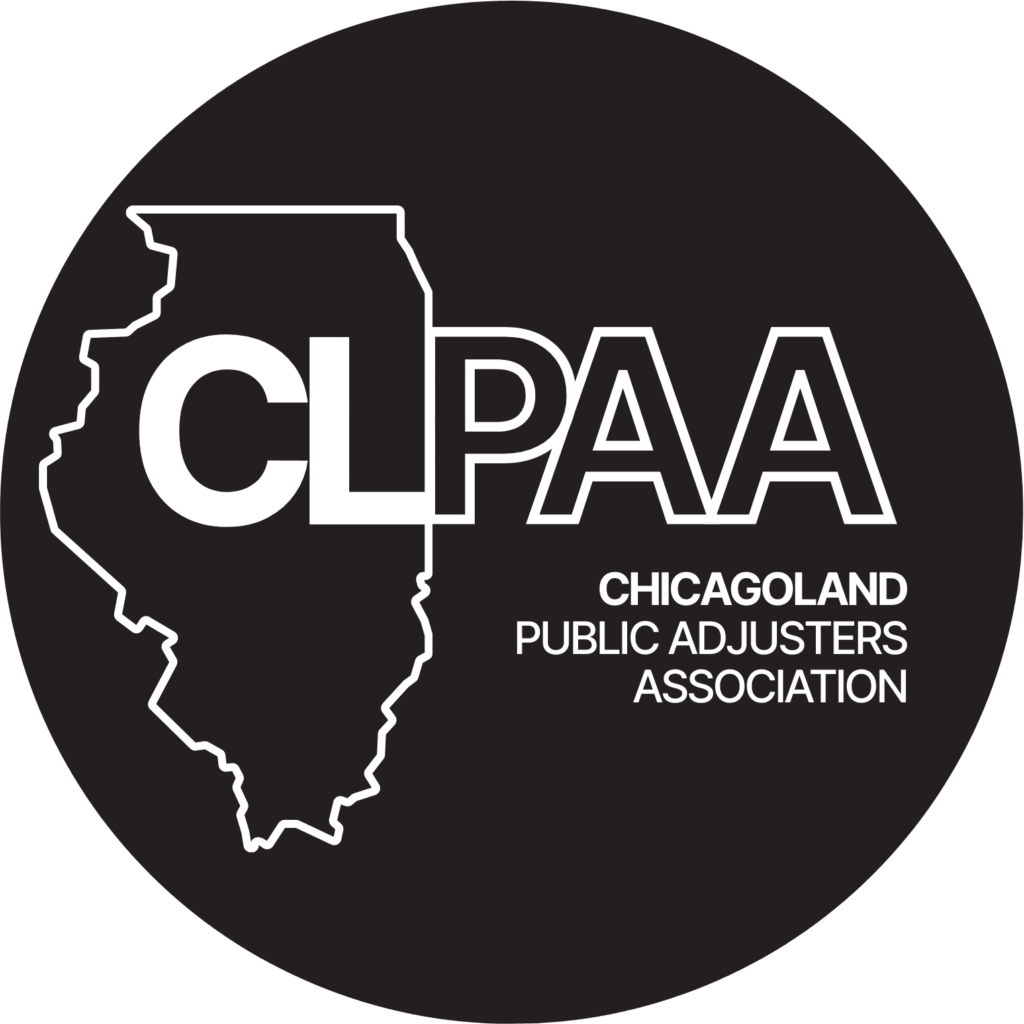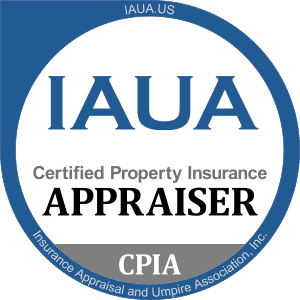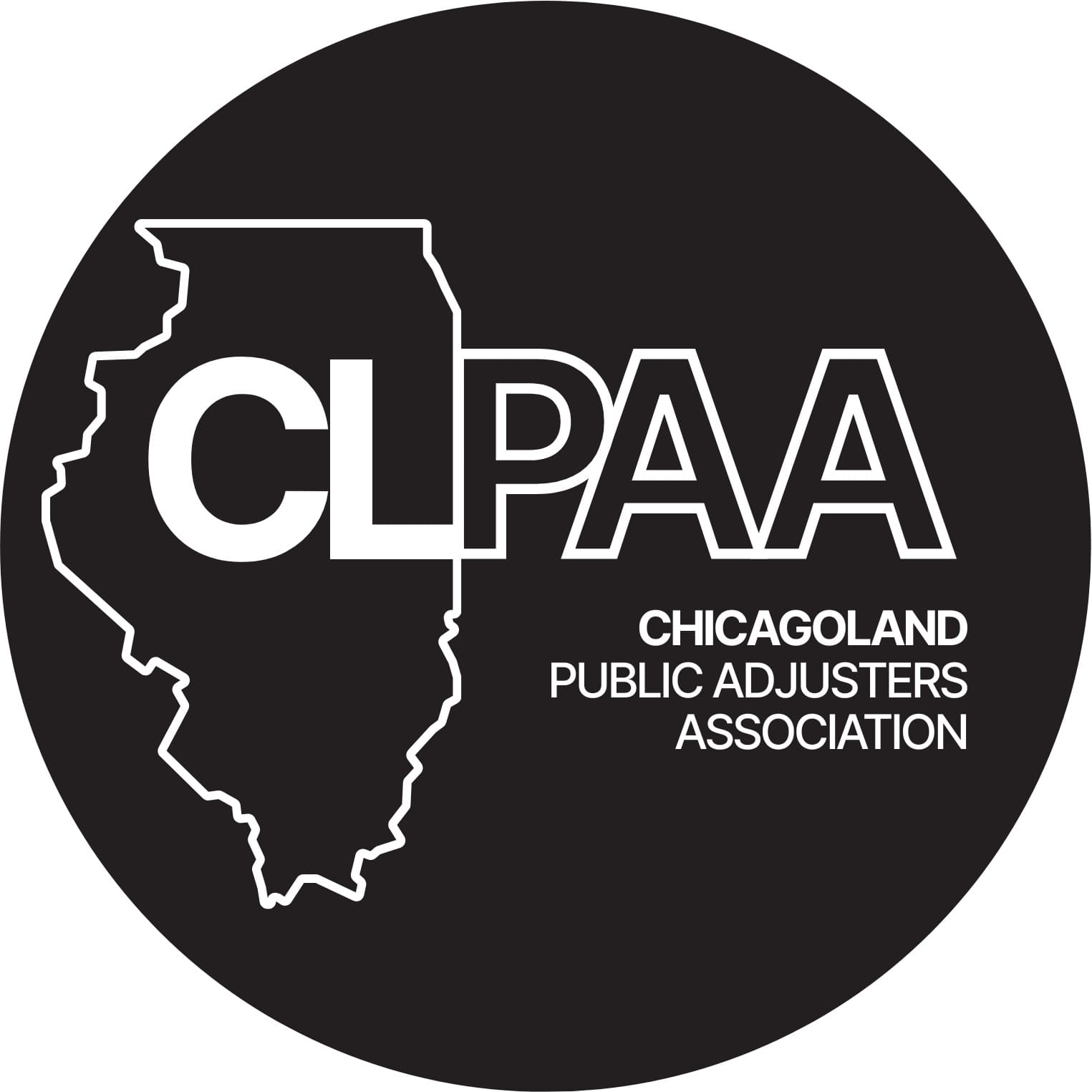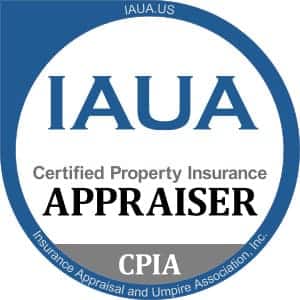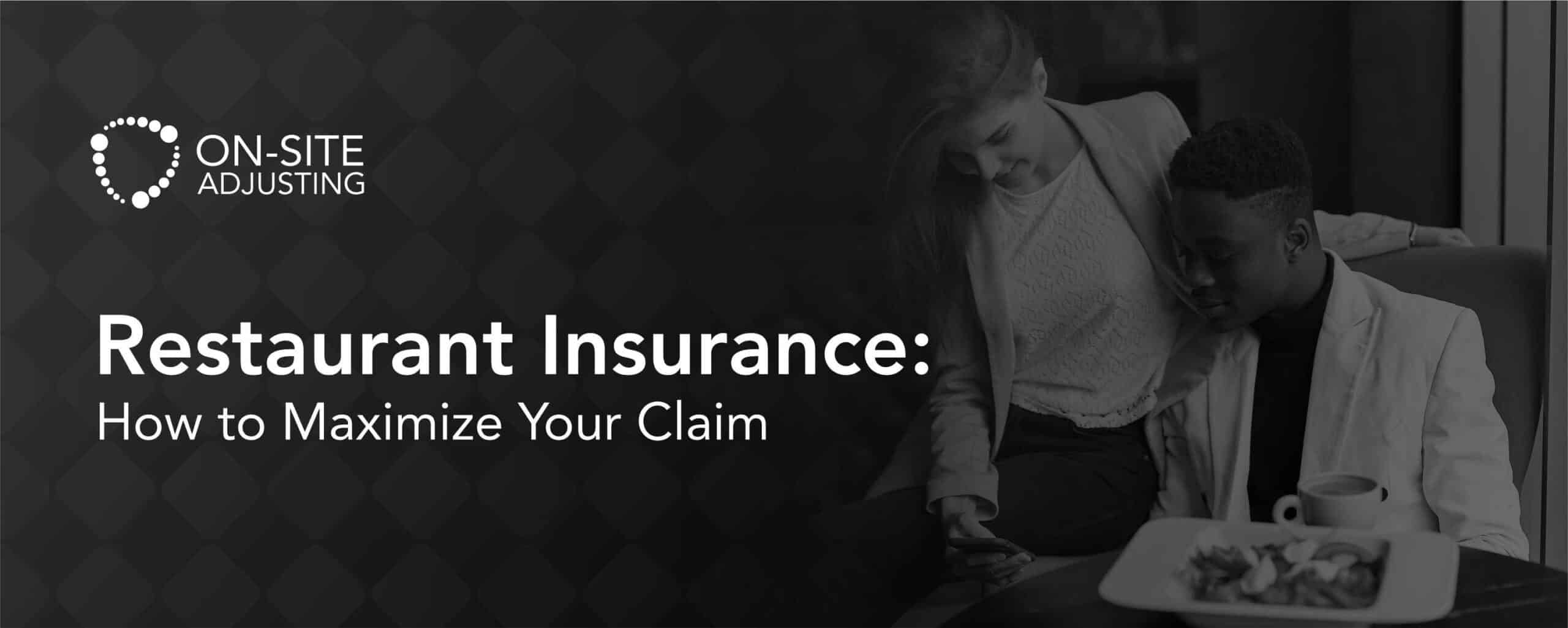
Insurance is never a one-size-fits-all approach. Every single venture requires a special set of policies that cater to all the different risks that the business could experience. The same goes for restaurants. Restaurant insurance offers the protection needed for a business owner’s investments. This ensures that money does not go down the drain when a loss occurs.
While general business insurance exists, getting coverage tailored to your business’s needs is best. For example, restaurants have a higher risk of liability claims than other business forms. In this article, you will learn just what restaurant insurance is and how to get the most out of your policy.
What Types of Insurance Does A Restaurant Need?
Restaurants face several types of risks ranging from vandalism to break-ins. Here are some specific coverages that every restaurant needs:
General Liability Insurance
General liability insurance is crucial to a restaurant’s smooth running. This is because restaurants deal with food. This greatly increases the chances of customers suing for issues such as food poisoning. Furthermore, general liability insurance protects restaurants if customers sustain injuries on the restaurant premises. For example, a customer may slip and fall on a freshly mopped floor. This could cause the customer to sprain a hip. The customer may then sue for damages. In this scenario, general liability insurance will cover the costs.
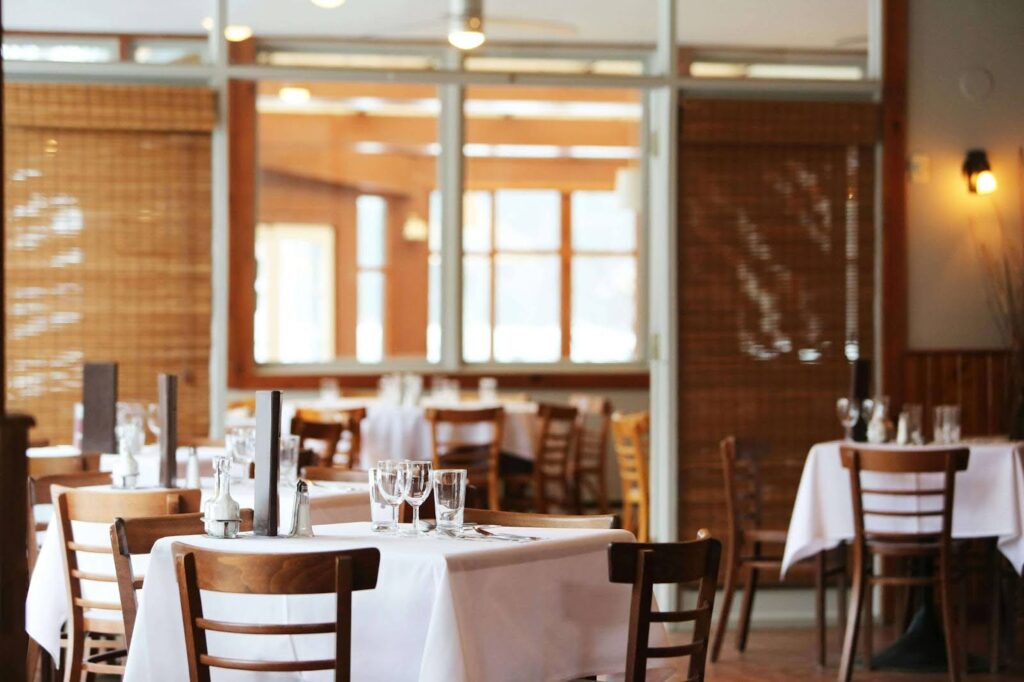
Commercial Property Insurance
Contrary to popular opinion, property insurance does not protect only the structural part of a building. A restaurant cannot have regular homeowners’ property insurance. This is because it does not cover things such as equipment and inventory. This is why they need commercial property insurance.
Depending on the extensiveness of your commercial property insurance, it may also provide for business interruption insurance. Business interruption will ensure you get your net pay if unforeseen circumstances shut down your business. For example, you may need to shut down your business during a pandemic. With business interruption insurance, you will still get some income.
Food Spoilage & Food Contamination Insurance
This is also key for any restaurant. This is because it reimburses restaurants for food lost due to circumstances beyond their control. For instance, a general power outage could cause a restaurant’s fridge or freezer to go out. With food spoilage insurance, the restaurant would not lose both money and food.
Food contamination insurance covers any cases involving contamination of food. For example, it covers food testing, cleaning, or maintenance of food equipment. It may also cover the restoration of a restaurant’s reputation after a food contamination case.
Equipment Breakdown Insurance
Restaurants often use heavy and specialized machinery to ease their day-to-day cooking activities. For example, heavy-duty freezers, mixers, and ovens. The cost of replacing equipment out-of-pocket can be staggering. This is where equipment breakdown insurance comes in. However, it often excludes normal wear and tear, damage from pets, and deterioration by rust.
Workers Compensation Insurance
Every good employer takes care of their employees. Workers compensation insurance ensures that workers receive compensation for work-related injuries. This ensures that they are not stranded after getting injured at work. It also provides for any rehabilitation needed after an injury. Furthermore, it covers the payment to a worker’s family if they pass away.
Note: This list is not exhaustive. There are other types of coverage you could get as a restaurant owner. For example, you could consider employment practices liability insurance. You could also get cyber liability insurance, liquor liability insurance, and automobile liability insurance.
How Much Does Restaurant Insurance Cost?
Several factors will influence the overall cost of your insurance. For example, let’s say you have only three insurance policies. You will likely pay less than a business owner with four or five policies. Additionally, issues such as location and type of business facility further affect your insurance cost.

The average cost for general liability insurance is about $80 a month while commercial property insurance is around $60 each month. Food spoilage & contamination insurance can cost you up to $50 a month. As you can see, the more policies you have, the higher your total insurance costs. You may end up paying over $3000 annually for all your policies.
To reduce your total insurance spending, try bundling your policies together. Some insurance companies allow you to combine policies. This saves you time as you have only one insurance provider. Also, insurance companies offer discounts when bundling policies. This also saves you money.
Furthermore, consider getting a Business Owner’s Policy. It offers you three coverages in one at a reduced price. You’ll get general liability, commercial property, and business interruption insurance. It costs almost $60 a month on average which is cheaper than buying separate policies. The best part is that you can customize it to add extra policies.
Lastly, always tailor your coverage to what you need. Examine your business type, needs, and risks before settling on a policy. For example, if you have a halal restaurant, you don’t need liquor liability insurance. However, if you run a bar or a nightclub, it is needed.
How To Maximize Your Restaurant Insurance Claim
Understand Your Policy
To truly maximize your claim, you need to know your policy better than the back of your hand. Doing so can help you spot any extra benefits that your policy entitles you to. For instance, you might have some extra coverage you are unaware of.
You will also spot your deductibles and exclusions. A deductible is the amount you pay to your insurer before they cover the rest of your loss. Therefore, if your deductible is higher than repair costs, filing a claim isn’t worth it. The exclusions in your policy are also highly important. They help you manage your restaurant better as you can avoid issues that your policy doesn’t cover. Additionally, you will have fewer denied claims if you don’t file claims that your policy excludes.
The information in your policy should inform the presentation of your claim. Proper presentation of your claim increases your chances of getting the most out of it.
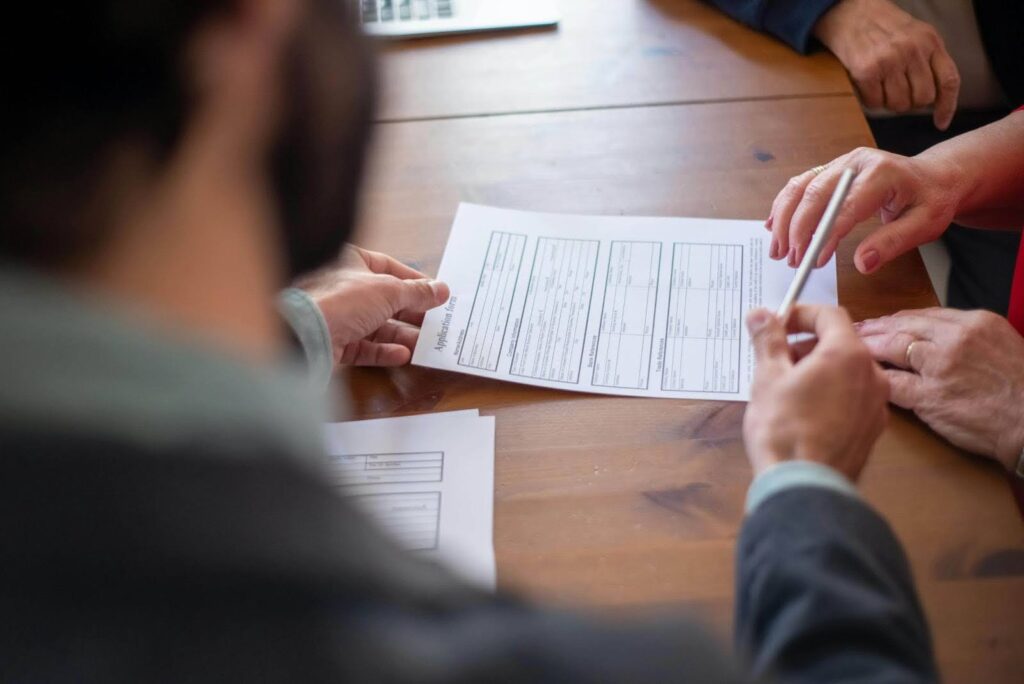
Hire A Public Adjuster
Public adjusters are licensed professionals who can handle your claim on your behalf. They receive negotiation training and can get you the highest possible settlement. Furthermore, a public adjuster can provide you with a lot of ease. As a restaurant owner, dealing with an insurance claim alongside running your business can be hectic. However, a public adjuster can take that weight off your shoulders. This means you can focus solely on running your business while your adjuster takes care of the rest.
Report Incidents Quickly
Be prompt when reporting and filing a claim. Insurance companies often stipulate a timeframe for claim reporting in your policy. If you do not file your claim within that timeframe, your insurer will likely deny your claim.
Furthermore, filing a claim is the beginning of the claims process. This means that the longer you wait before filing your claim, the longer your claims process will be. Therefore, ensure you report any incidents quickly. This will help you avoid complicated and messy claims.
Document Everything
When a loss or incident occurs, ensure you have full documentation. For instance, your stand mixer stops working out of the blue. Having proof of prior maintenance in the form of invoices, receipts, and reports helps your claim. It helps your insurer rule out suspicions of user error or negligence.
Therefore, take extensive pictures and videos of the incident before filing a claim. Ensure these photos and videos are detailed, time-stamped, and high quality. If it is a large claim, like a fire claim, create a list of all affected items. This list will influence your settlement amount so do not skip over items. Additionally, avoid throwing out damaged items before the insurance adjuster comes around. Doing this will complicate your claim and likely lead to a low payout. Thus, avoid tampering with the scene of the incident.
Practice Effective Communication

Be clear and concise with your insurer, public adjuster, and the insurance adjuster. Avoid being coy or indirect with your instructions. Try not to leave anything up for personal interpretation. Be as explicit as you can with all involved parties.
Additionally, try to create a communications record. If you have a conversation with any of the parties in person, follow up with an email. Physical conversations are hard to prove if any party reneges on their word. However, an email or letter is concrete proof. Keep physical copies of communications in a safe and dry place for added protection. Also, create an online file to store electronic communications and upload it to the cloud.
Do Not Deal with the Insurance Adjuster Alone
Your insurer will assign their adjuster to your case. The insurance adjuster inspects the damage and assesses your claim. They will also recommend a settlement amount to your insurer. Sometimes, insurance adjusters employ some tactics to undervalue your claim. Therefore, it is best to let your public adjuster deal with them. This will help you avoid saying the wrong things or having an underwhelming settlement. Both public adjusters and insurance adjusters are professionals. Thus, they are evenly matched. Let them discuss with each other.
Follow Up With Your Claim
Don’t be a passive policyholder. This means that you should not file a claim and forget it. Instead, see your claim through to the very end. Send emails and reminders to your insurer and public adjuster. Learn how to spot any bad-faith denials and do not be afraid to appeal the denial. Being proactive about your claim helps you avoid denied and stalled claims. It also helps your insurer take you more seriously.
Keep Your Restaurant In Shape
Your insurance company should be able to tell that you take good care of your restaurant. This means you should employ competent staff and regularly maintain your equipment. Having best restaurant practices makes your insurer more receptive to your claims. It also helps you prove that you are not a negligent policyholder.
Conclusion
No matter how small, every restaurant should have some key policies. These insurance policies ensure that your business has protection at every turn. They also keep things running in the event of any loss. Therefore, one should not overlook their importance.
We have provided you with several tips to get the most out of your restaurant insurance. Put them to good use today. Don’t dilly-dally with your claim and don’t say things you don’t mean. Lastly, immerse yourself in your insurance policy to avoid undervalued claims.
A public adjuster is your best claims partner and On-Site Adjusting is the reliable adjuster you need. Our team has the expertise to weather any insurance storm. Send us a quick message so we can evaluate your case for free. Maximize your claim today!

